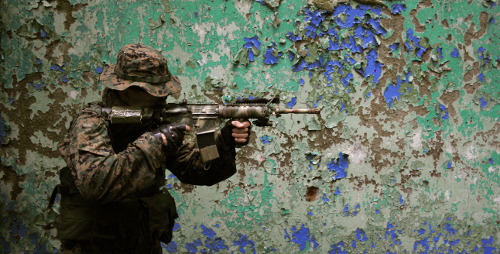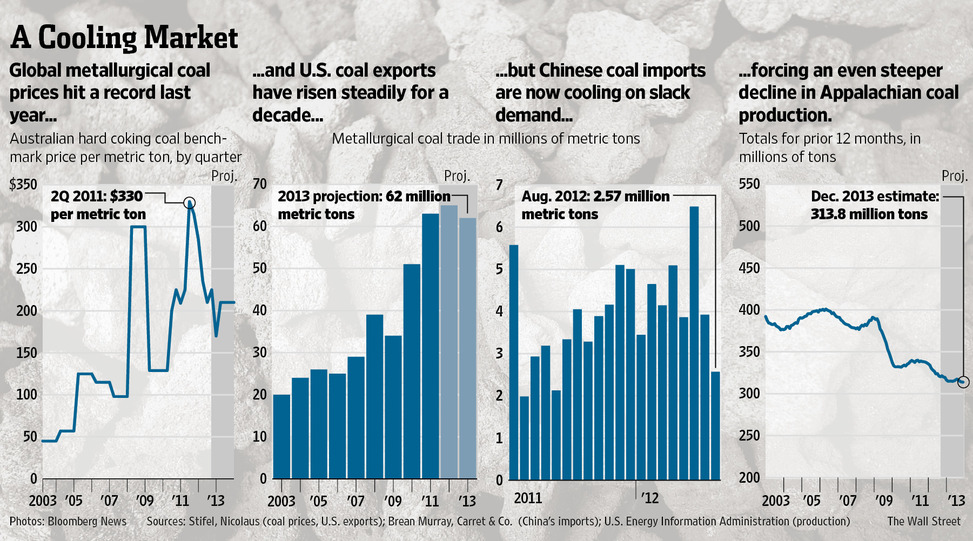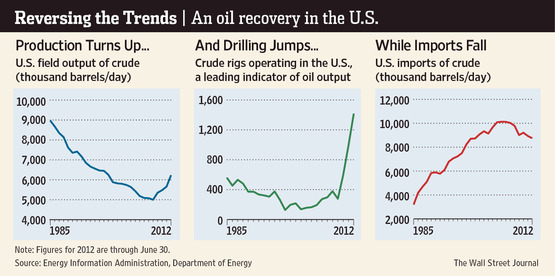Smart argument on handling America's water advantage
 Tuesday, October 9, 2012 at 12:42PM
Tuesday, October 9, 2012 at 12:42PM 
Smart op-ed in WSJ.
America is sending over huge amounts of alfalfa to China. Alfalfa is a VERY water-intensive crop. China uses it to feed their cattle which produce beef and dairy products.
Point of the article: why not send beef and dairy to China instead and reap the better profit margin for our valuable water?
That's how New Zealand does it. Its highest-value export is powdered milk, notes the authors of the piece.
The culprit? America's antiquated and byzantine water-regulation practices - especially in the West.
 China,
China,  US,
US,  agriculture,
agriculture,  economy,
economy,  water | in
water | in  Citation Post |
Citation Post |  Email Article |
Email Article |  Permalink |
Permalink |  Print Article
Print Article 














